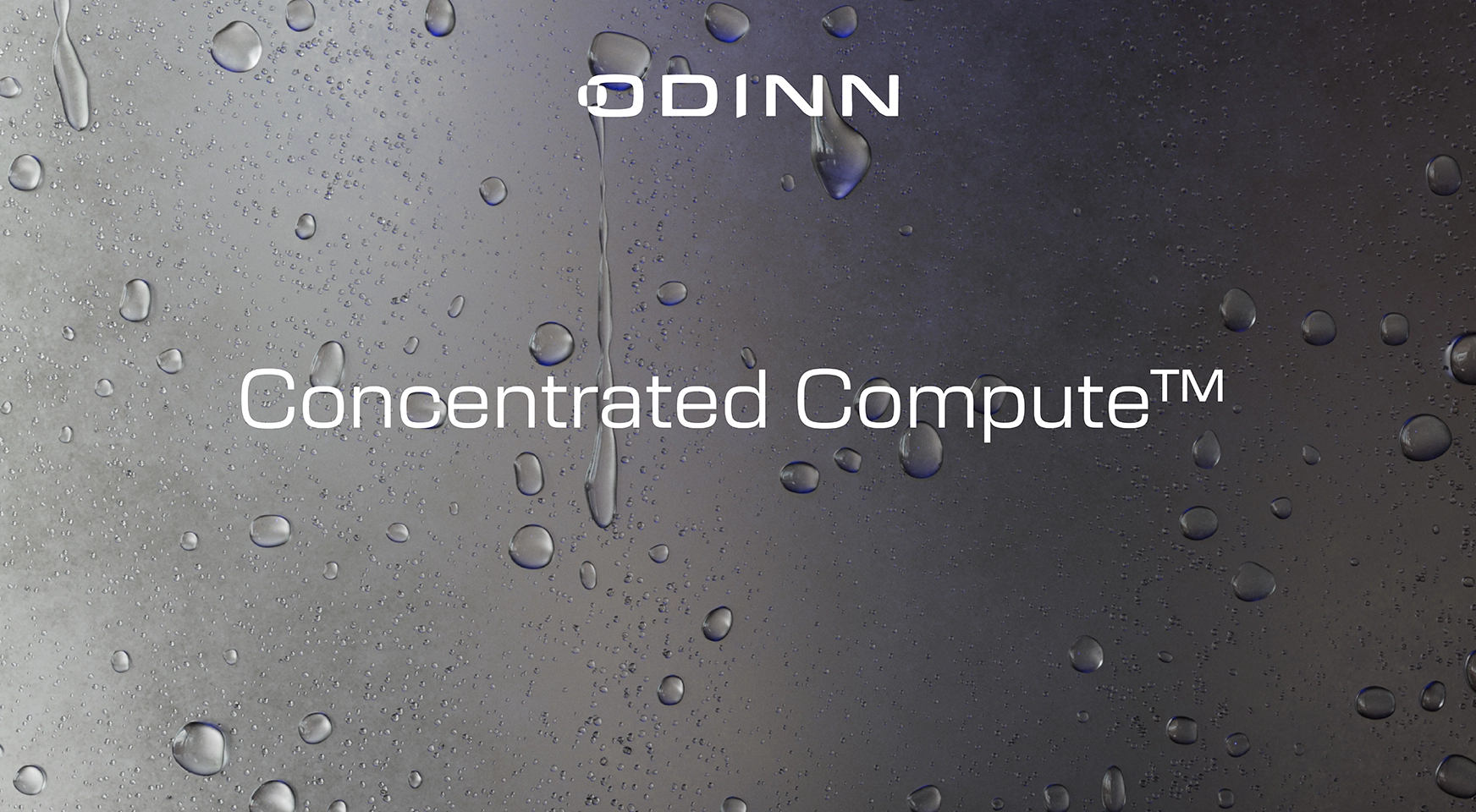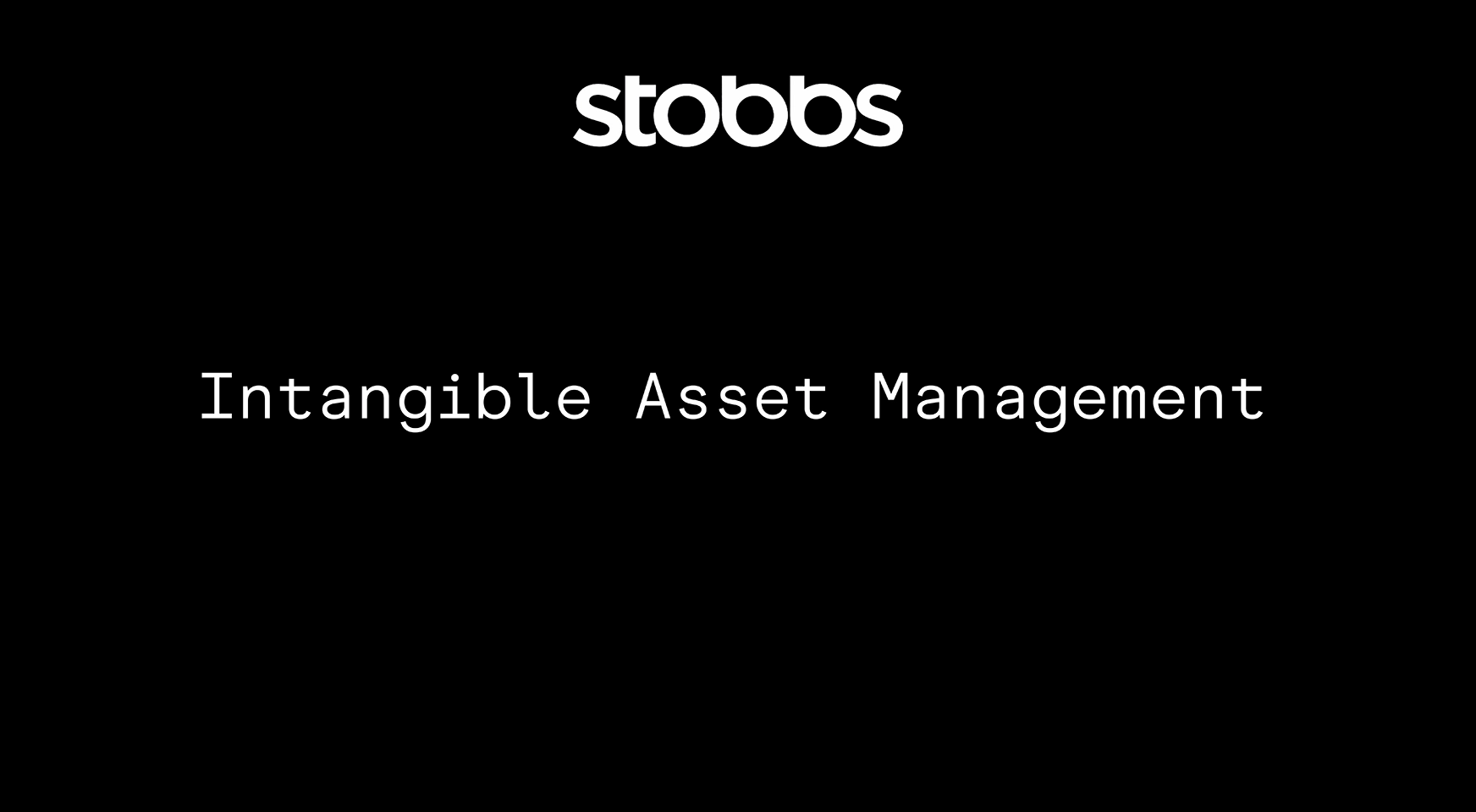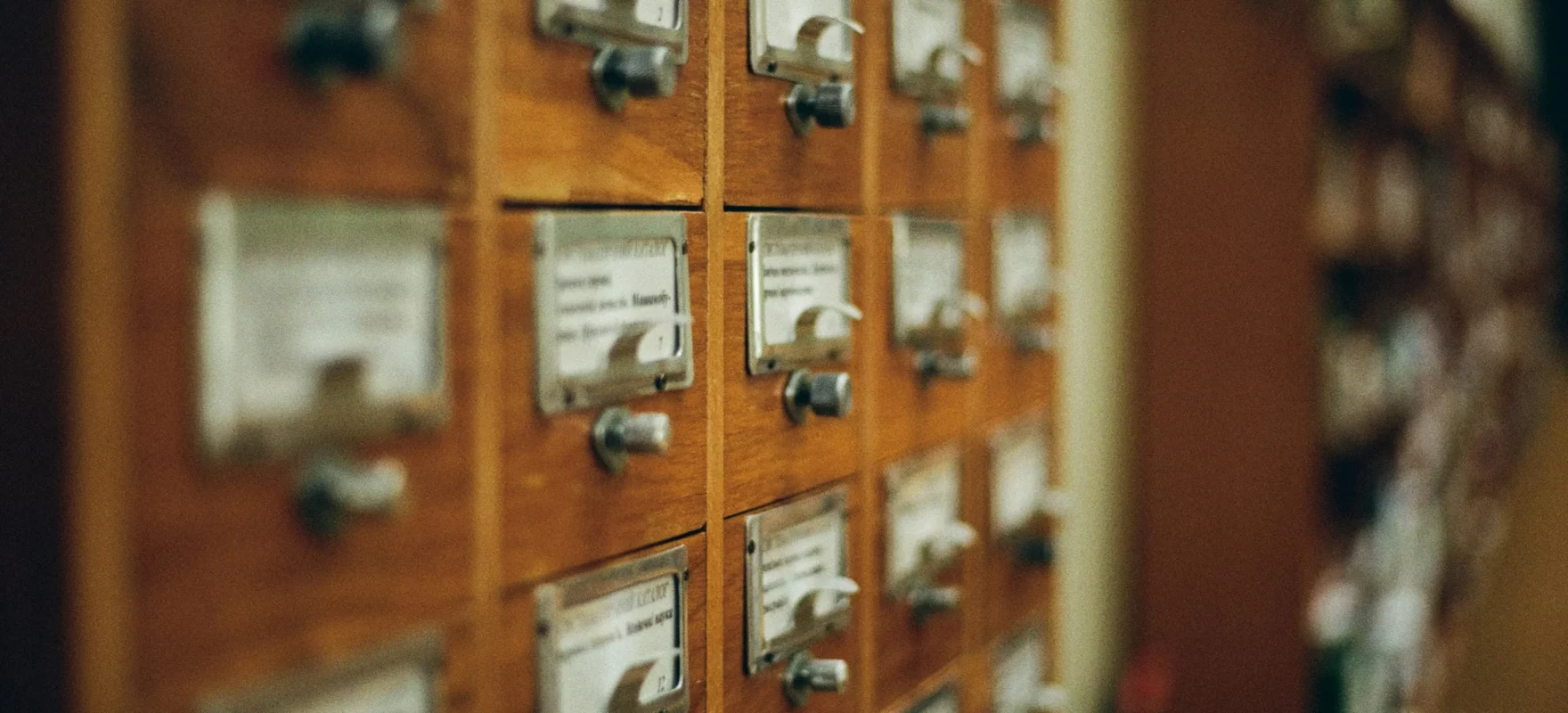Richard Sunderland, November 2025
TL;DR – If you’re not thinking about category as part of your brand strategy, you’re missing a trick.
**
I’ve just been re-reading one of the (very few) business books I own: The 22 Immutable Laws of Marketing, written by Al Ries and Jack Trout and published in 1993.
Chapter Two, entitled The Law of the Category, has always particularly resonated with me.
And provides increasingly valuable inspiration for what is, in my opinion, an often-overlooked weapon in the branding armoury.
‘Categories – or more specifically, the coining of a new category label – are incredibly handy devices.’
Categories – or more specifically, the coining of a new category label – are incredibly handy devices.
It can act as a corporate descriptor, answering the question ”what does your business do?”. And can unify your team around a new way of describing the organization they work for.
It can differentiate you from your competitors, making them look old-fashioned and samey.
It can present an opportunity for you to own some new IP. Which is a great way of attracting earned media and distinctiveness via SEO.
But potentially most importantly, it gives you something new and interesting to talk about.
Humans, by nature, are curious creatures. We’re intrigued by new things. And category labels help us rapidly understand what something is – and where to file it in our heads.
This happens all the time at a cultural level. Romcoms, ridesharing, coworking, gig economy, doomscrolling, and so on.
But far less often – or compellingly – in business.
‘It can differentiate you from your competitors, making them look old-fashioned and samey.’
Perhaps because coining new vernacular is hard to do. Especially if you’re trying to create a category label that is both descriptive and true, in speaking to the benefit of what you do. And it certainly helps if you lean into natural-sounding language, instead of convoluted phrases that are packed with jargon.
At Heavenly, we’ve been coining categories for our clients for over twenty years. Here are some of our faves from the back catalogue.
Many years ago, we were working with a boutique hotel in Notting Hill. The thought of being yet another player in the “boutique hotel” category didn’t appeal to us. So, we positioned the business as London’s first “luxury B&B”. To complete the look, we called our hotel Guesthouse West.

One of our clients is a US business called Bravas. When you’re building a new home, Bravas provides all the technology to make living there a happy and harmonious experience. Entertainment, energy control, lighting, security, and so on. The accepted category for what Bravas does was “custom integration”. But that felt cold and unrelatable to us. So, we created the category of “home experience design” and became the world’s first home experience designer. You wouldn’t build a new home without an architect, so why would you build one without a home experience designer, right?

‘Category labels help us rapidly understand what something is – and where to file it in our heads.’
ODINN is a very innovative tech company who design and manufacture very compact data centers. One of their products is a data center in a carry-on, small enough to fit in an overhead bin on a plane. Our category could’ve been something like “high performance computing” but that felt crowded and overused. So, we coined the term “concentrated compute” to describe a new category in computing. This not only gave the team at ODINN something new to talk about, it positioned their competitors as diluted and not as powerful and efficient.

The default category descriptor for businesses who deal in Intellectual Property is “trademark attorneys”. We felt that our clients at Stobbs were worthy of something far less Dickensian, that reflected the incredible work they do across the IP spectrum. We coined the term “intangible asset management” to help elevate and differentiate their offering. This category idea even extended to job titles, such as “IA Director”. Move over Dickens – welcome to the twenty-first century.

Ries and Trout’s timeless book is worth a read. And The Law of the Category is a timely reminder that if you can’t be first in a category, set up a new category you can be first in. I couldn’t have put it better myself.
